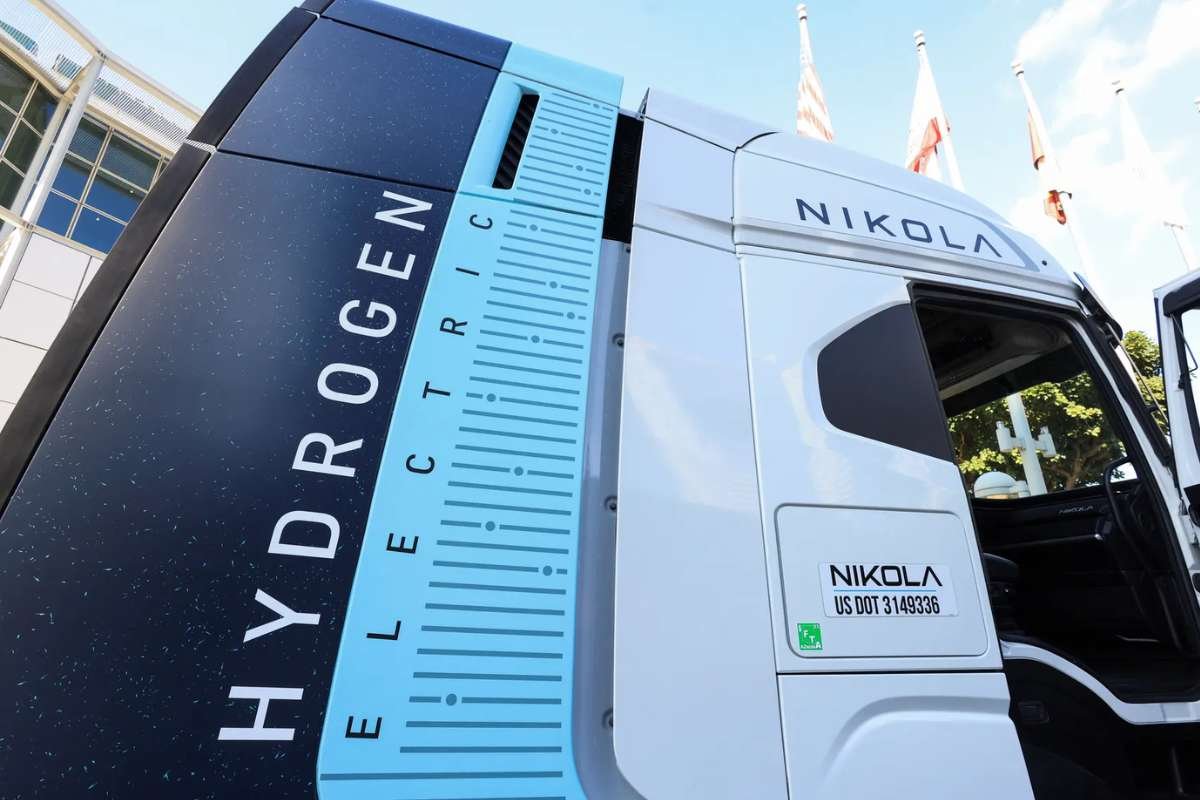Market Challenges Force EV Maker to Seek Bankruptcy Protection
Electric truck manufacturer Nikola Corp. has filed for Chapter 11 bankruptcy protection, citing severe market and macroeconomic challenges that have hindered its ability to continue operations. The filing, made on Wednesday, marks a significant setback for the company, which has struggled to maintain its financial stability despite various efforts to raise capital and reduce liabilities.
Nikola’s CEO, Steve Girsky, acknowledged the difficulties faced by the company, stating, “Like other companies in the electric vehicle industry, we have faced various market and macroeconomic factors that have impacted our ability to operate.” He emphasized that while the company had implemented several strategies to preserve cash and sustain operations, the challenges proved insurmountable. According to Girsky, Nikola Files for bankruptcy protection was deemed the “best possible path forward” for Nikola and its stakeholders.
The company currently holds approximately $47 million in cash, which it plans to use to maintain operations while seeking court approval to sell its assets. This move aims to generate sufficient funds to cover expenses throughout the bankruptcy process.
Operational Struggles and Leadership Changes
Nikola’s journey has been turbulent since it went public in 2020. Shortly after its public debut, the company formed a strategic partnership with General Motors, granting the automaker a $2 billion equity stake in Nikola. However, the promising start was overshadowed by internal challenges and controversies.
The company’s founder, Trevor Milton, resigned in 2020 amid allegations of fraud. In 2023, he was sentenced to four years in prison for securities and wire fraud linked to misleading investors about Nikola’s product development and technological advancements. Additionally, Nikola Files faced a significant setback when it recalled hundreds of big-rig trucks and halted sales after a battery coolant leak was identified as the likely cause of a fire at its Phoenix headquarters.
Leadership instability further complicated Nikola’s situation, with three different CEOs taking charge within two years. Steve Girsky, who assumed the role in August 2023, inherited a rapidly dwindling cash reserve. Despite his efforts to optimize expenses, the company continued to struggle financially. During a third-quarter earnings call in October, Girsky revealed that Nikola’s available cash would only sustain its operating costs and obligations until the first quarter of 2025.
Industry-Wide Challenges and Future Outlook
Nikola’s bankruptcy filing reflects broader challenges within the electric vehicle (EV) industry, which has been grappling with intense competition, high operational costs, and fluctuating demand. According to Sarah Foss, head of legal at Debtwire, the EV sector has seen several companies opting for Chapter 11 bankruptcy to facilitate asset sales or liquidations rather than business reorganizations.
Foss highlighted that Nikola is following a trend observed in other EV startups, such as Fisker, Lordstown Motor, and Proterra, which utilized bankruptcy proceedings to sell their assets. Nikola’s next steps involve seeking approval to expedite asset sales, which could provide the necessary funds to navigate the bankruptcy process.
As Nikola Files navigate this challenging period, the company’s fate remains uncertain. Industry analysts suggest that the company’s ability to successfully sell its assets and reorganize its operations will determine its survival in the competitive EV market.


















